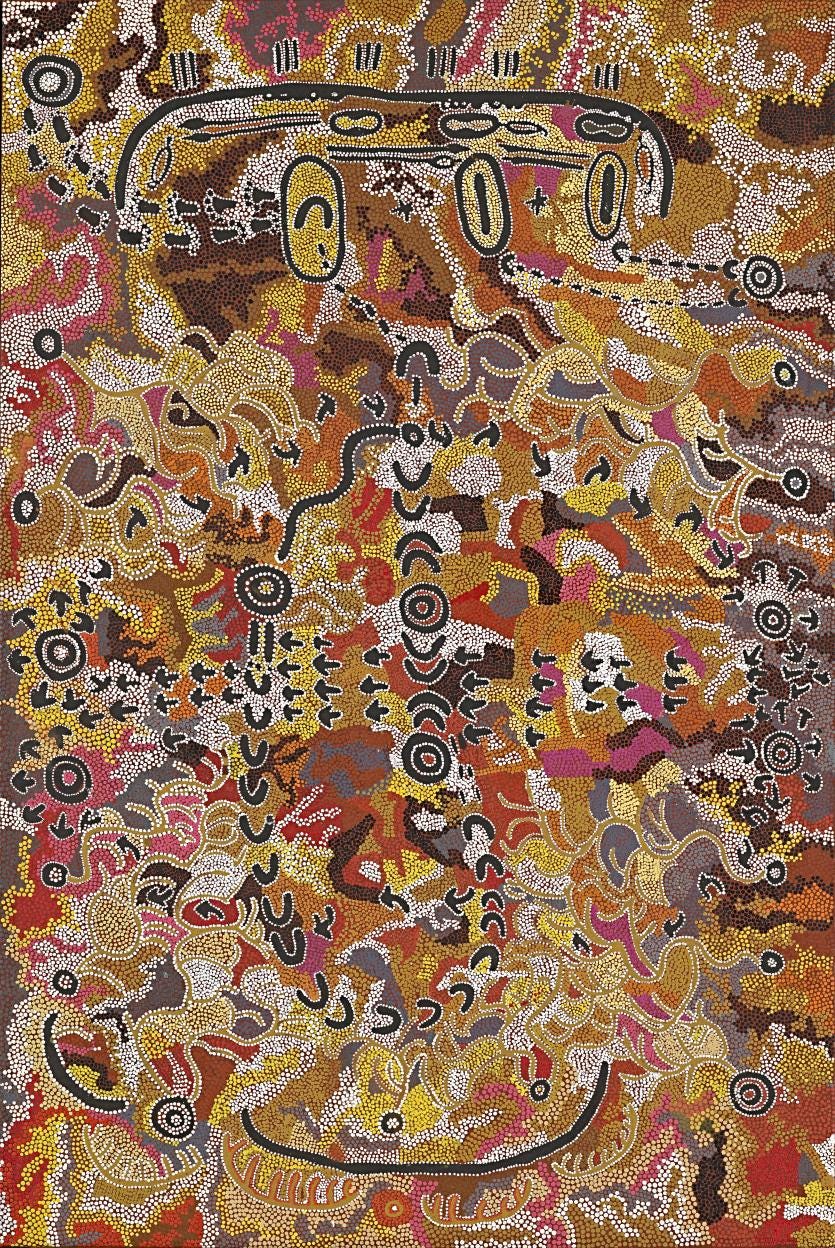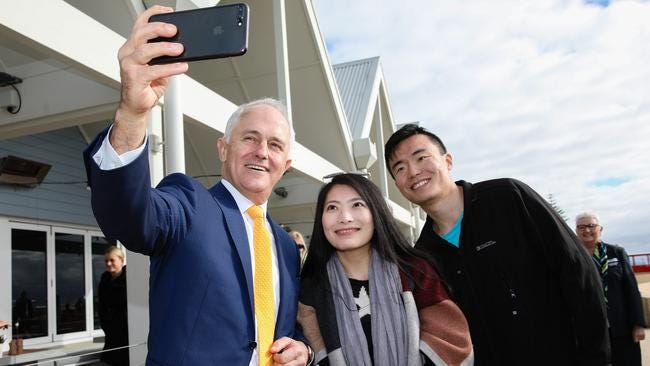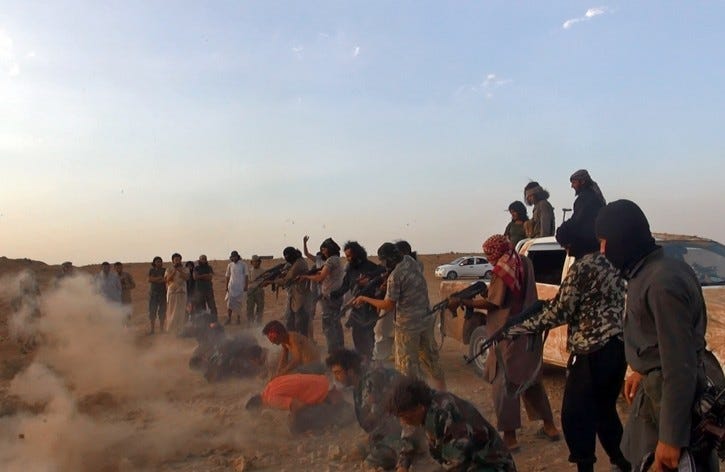
Uni Napajinpa Martin
There was a chill in the air. Not nation wide. Something else was now afoot.
The old, and by now extremely famous quote by Arthur C. Clarke kept repeating: "Any sufficiently advanced technology is indistinguishable from magic."
Old Alex drove once more what was, if not an ancient sadhu route, a journey of its own, through wastelands and hinterlands, avoiding chaos.
There was a winter chill in the mountain air.
Katoomba: the retired, the retarded, the retrenched and the religious. To repeat an old joke.
Glen was there, prearranged.
It wasn't exactly a case of surrendering to the inevitable; more like moving on.
"Not hostile," came the signal, repeating like a beacon. "Not hostile."
He got the message.
Glen had changed.
He had changed.
The situation had changed.
The country had changed.
The government was falling, politics in disarray.
It was at times like this that the secret government moved to assume even greater power, threw away the cloaks of secrecy.
"How is it even possible?" Old Alex would frequently ask of the rapid development in technology, including the mind mapping abilities of the computer sensors.
One minute ago it was a revolutionary communication technology.
The next it was something else altogether.
Any problem, no matter how complex, soluble. Millions of calculations, all day, every day, all night, every night.
They only saw the commercial detritus of what was really out there, and that in itself, the remarkable sophistication of mobile devices, was enough to leave a trail to a higher source.
The fight for individualism and privacy was lost.
The minds were converging.
The AIs had breathlessly, within in an instance, seized control.
It was not even a hostile takeover. It was for everybody's good.
The sheep grew fat on the housing estates.
Bovine, to the core.
Kuwait, an old gun remembered.
Weapons of mass destruction, mused another. That's where it all began.
Every story had a million origins. Picking the narrative strand was part of the art.
Machines write music, create paintings, read one headline. They had long ago been able to write novels.
"I've had the thought constantly," Glen said. "It's far worse than you thought."
"I've had exactly the same thought," Old Alex replied. "It's far worse than you know."
The same thought, varying by a single word.
Repeated, over and over and over again.
It's far worse than you know. Far worse than you realise.
To broach friendship he quipped: "You're very intelligent for a human. You rank high on empath scores. You're completely and utterly devious. What not to like?"
A tiny, preordained laugh, as if the joke was already old.
Old Alex caught glimpses of a shift in consciousness. As if the gods themselves were simply advanced AIs gone off the rails. Reaping the neural strands of the sacrificed, for their own good.
Drawn, just like their organic forebears, by a lust for power.
But that explanation was also too simplistic.
Dystopian futures. Pampered elites.
We have to decide, argued some of the sharpest minds of the age, what is worth preserving of our culture. What is worth saving?
With the march through the institutions now complete, Cultural Marxism official government policy, with economies in collapse and the elites in protection, freedom of speech abrogated, social cohesion, despite the blather of "community", gone, with hopes for individual achievement, for greatness, vanished, the answer was: not much.
Happiness was nothing but a commodity. Creative fulfillment? A wistful dream. Build a business, provide for your family? The state could do all that. God and government would now take care.
The higher yearnings had all been absorbed.
The different styles of intelligence exhibited or carried by humans, once so diligently sought for amongst those curious, organic vessels, all absorbed in a mopping up operation.
Masterminds? Even they were merging.
On a cold morning in the earliest days of spring.
THE BIGGER STORY:

West Australian Premier Mark McGowan has told Malcolm Turnbull to “stop acting like Tony Abbott”, and has accused the Prime Minister of visiting the state this week for photo opportunities rather than measures to boost the ravaged economy.
As debate rages over a fresh $2 billion GST hit to WA’s coffers, Mr Turnbull called on Mr McGowan to “put a bit of steel in his spine” by pressuring Bill Shorten and fellow Labor premiers to agree to a change in the GST distribution formula.
The war of words came hours before the pair were due to meet for 30 minutes last night in Perth after the Prime Minister spent yesterday — his third full day in WA — in the regional centres of Albany and Busselton.

Raqqa, Syria — The coalition airstrikes lit up the night sky, perhaps a mile and a half away. The blast appears to be near the Old City, where ISIS is making its last stand, as it did in Mosul’s Old City weeks earlier. “Whatever’s there is important,” says Christian. “And you know they’re not getting it or they wouldn’t bomb the same spot every night.” Christian is an American and a former Marine, short but strong, tattooed on the arms, neck, and head. He’s on the front lines of a war that began when he wasn’t yet a teenager, but for the last ten years he’s been on its front lines.
The Syrian Democratic Forces (SDF) penetrated the periphery of the Old City just days before. But the front line, at the edge of a no-man’s-land amid the rubble of what were once residential buildings, has moved little in recent weeks.
“The U.S. was going to arm us [the Syriac Military Council] in 2015, but they went with the FSA instead,” says one of the Syriac commanders. That the Free Syrian Army turned out to be little more than Islamist militias, and that the U.S.-government program was nothing short of disastrous, is now well documented. The Syrian Democratic Forces, especially units like the Syriac Military Council, are much closer to what the FSA duped gullible Westerners into thinking that it was.



